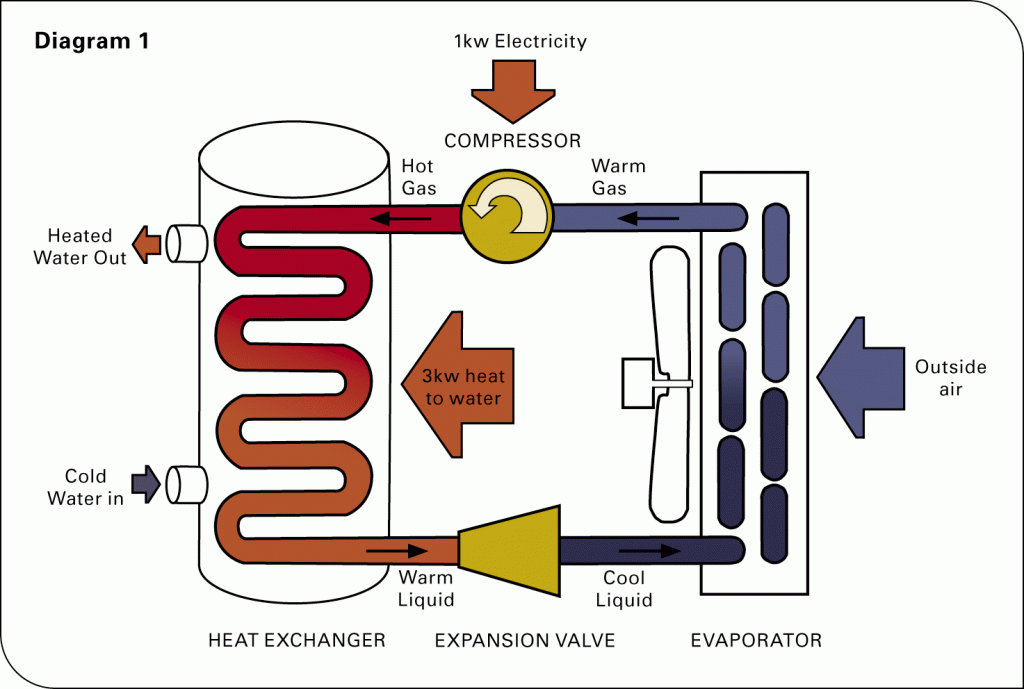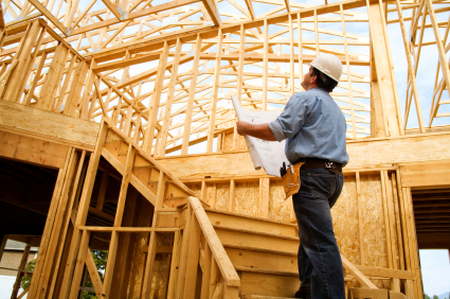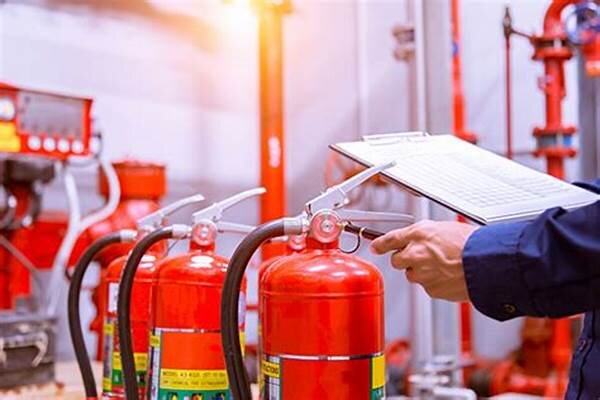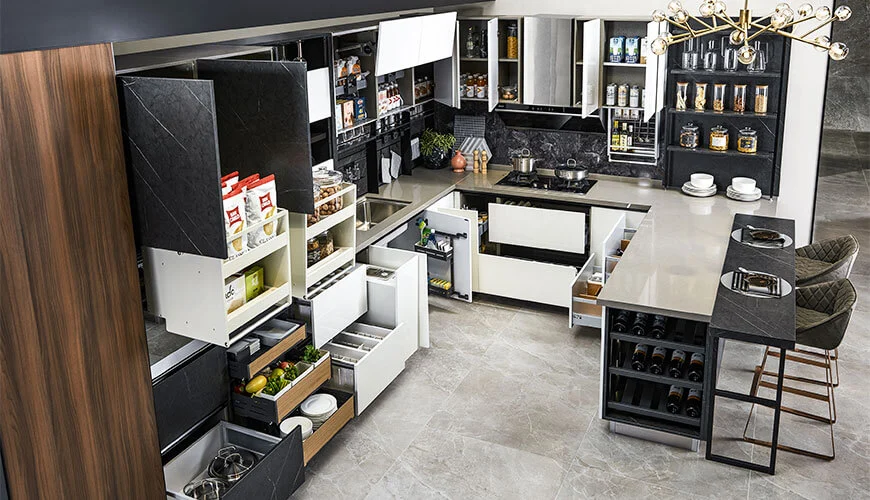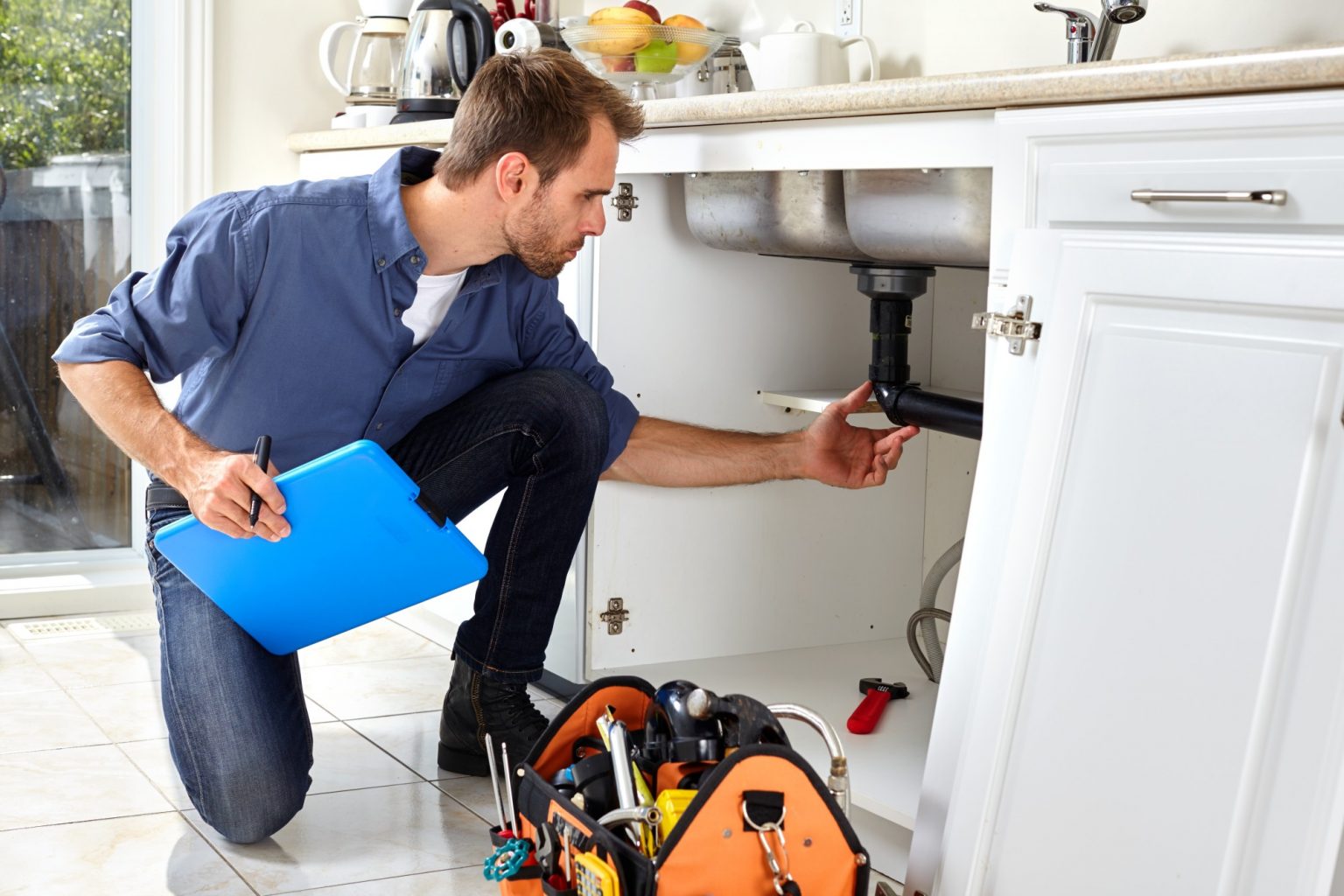When it comes to home comfort, heat pumps stand out as a modern, efficient solution for both heating and cooling. This comprehensive guide will walk you through everything you need to know about heat pumps, from their benefits and working mechanisms to installation tips and cost savings.
What is a Heat Pump?
A heat pump is a versatile HVAC system designed to both heat and cool your home efficiently. Unlike traditional systems that rely on separate units for heating and cooling, a heat pump can handle both tasks using a single device. This efficiency makes heat pumps a popular choice for homeowners looking to simplify their HVAC setup and reduce energy costs.
How Do Heat Pumps Work?
Heat pumps operate by transferring heat rather than generating it. In winter, a heat pump extracts heat from the outside air and transfers it indoors. In summer, it reverses the process, removing heat from your home and releasing it outside. This method of heat transfer is significantly more efficient than traditional heating and cooling systems, which often rely on combustion or electric resistance.
Types of Heat Pumps
Understanding the different types of heat pumps can help you choose the best option for your home:
- Air Source Heat Pumps: These are the most common type, using the outside air to regulate indoor temperatures. They are suitable for most climates and are relatively easy to install.
- Ground Source Heat Pumps: Also known as geothermal heat pumps, these systems use the stable temperature of the ground to heat and cool your home. They are highly efficient but can be more expensive to install due to the need for ground loops.
- Water Source Heat Pumps: These systems use a water source, such as a pond or well, to transfer heat. They are less common but can be very efficient if you have a suitable water source on your property.
Benefits of Heat Pumps
- Energy Efficiency: Heat pumps are known for their high efficiency. They can provide up to three times more heat energy to a home than the electrical energy they consume. This efficiency can lead to significant savings on your energy bills.
- Cost Savings: While the initial installation cost of a heat pump may be higher than traditional systems, the long-term savings on energy bills can offset this expense. Many homeowners find that the cost savings make heat pumps a cost-effective option over time.
- Environmental Impact: By using less energy to heat and cool your home, heat pumps reduce your carbon footprint. They are an eco-friendly choice that contributes to reducing greenhouse gas emissions.
- Versatility: Heat pumps can be used in various configurations. Whether you need to heat and cool your entire home or just a specific room, a heat pump can be tailored to your needs. They work with or without ducts and can even be integrated with existing heating systems.
- Enhanced Comfort: Heat pumps provide consistent and even temperatures throughout your home. Unlike traditional systems that can create hot or cold spots, heat pumps ensure a more balanced and comfortable indoor climate.
Installing a Heat Pump
Proper installation is crucial for maximizing the efficiency and lifespan of your heat pump. Here are some key considerations:
- Professional Assessment: Before installation, have a professional assess your home’s heating and cooling needs. This evaluation will help determine the right size and type of heat pump for your property.
- Ductwork: If your home has existing ductwork, it may need to be inspected and potentially modified to work with a new heat pump. For homes without ducts, ductless heat pump systems are available.
- Placement: The placement of the outdoor unit is important for optimal performance. It should be installed in a location with adequate airflow and away from obstructions.
- Maintenance: Regular maintenance is essential to keep your heat pump running efficiently. This includes cleaning filters, checking refrigerant levels, and ensuring that the system is operating correctly.
Cost and Savings
While the upfront cost of a heat pump can be higher than traditional systems, the long-term savings are often substantial. Heat pumps are eligible for various rebates and tax credits, which can reduce the initial cost. Additionally, the lower energy consumption of heat pumps translates to lower utility bills over time.
Heat Pumps and Solar Power
Pairing a heat pump with solar power can significantly enhance your home’s energy efficiency. By installing solar panels, you can generate your own electricity to power the heat pump, potentially eliminating your heating and cooling costs entirely. This combination not only boosts your home’s energy efficiency but also offers substantial savings on utility bills.
Choosing a Heat Pump Installer
Selecting a qualified installer is key to ensuring that your heat pump is installed correctly and performs optimally. Look for experienced professionals with a track record of successful installations. Online reviews, recommendations from friends or family, and certifications from industry organizations can help you find a reliable installer.
Conclusion
Heat pumps offer a smart and efficient solution for home heating and cooling. Their ability to provide both functions with a single system, combined with their energy efficiency and cost savings, makes them an excellent choice for many homeowners. By understanding how heat pumps work, their benefits, and the installation process, you can make an informed decision about whether a heat pump is the right choice for your home.
